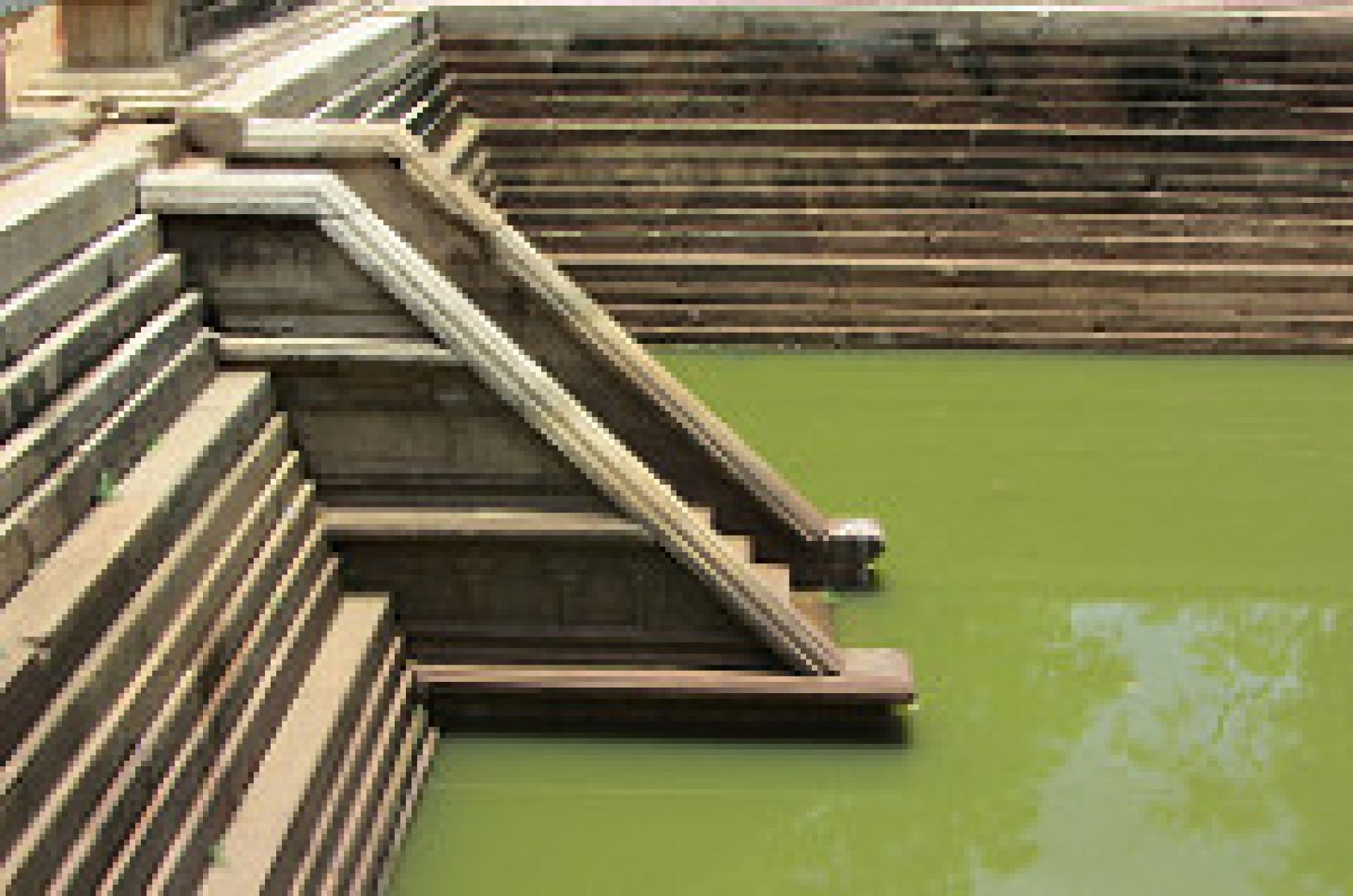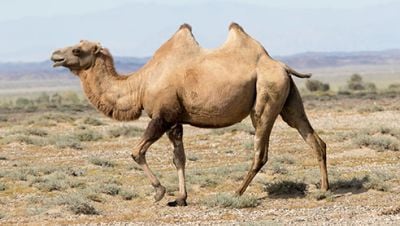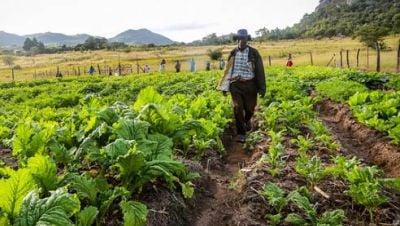Centuries of irrigated agriculture and rice farming have been embedded in Sri Lanka’s cultural traditions, enriching the lives of her people in all aspects. The relevance of these traditional occupations to the demands of a modern economy has to be defined now.
Strengthening the national economy for reducing inequality and eliminating poverty is a key objective of the new government of Sri Lanka. Improving the productivity of the agriculture sector is one main means of strengthening the national economy envisaged by the government. Since ancient times agriculture has received special attention as a means for ensuring food security and as a source of employment. Despite attempts to diversify the rural economy, the importance of agriculture as a source of employment has persisted over time, though in recent decades improving productivity has been a main objective for the sector.
The agriculture sector is faced with challenges on many fronts. Development of new technologies for controlling pests and weeds and improving the productivity of crops to keep abreast of competition is one challenge. It is connected to overuse, pollution and serious health issues, reducing labour productivity. Sustainable means of supplying water and other resources for agriculture is a second challenge. A third is the population growth, industrialization and urbanization that have made water and land more scarce and land less productive. Fourth, the unplanned use of forest land for development purposes has dried the groundwater table, reducing the availability of water for agriculture. Fifth, such developments have exposed hillsides to acute weather conditions. The top soils of the slopes unprotected by trees are washed off. This makes land less arable. The washed-off soil sediments settle in rivers and irrigation systems. The irrigation system then needs regular maintenance and cleaning; otherwise siltation reduces the capacity of tanks and waterways to store and carry water. Sixth, changing weather patterns have reduced rainfall and increased the need for irrigated water.
These issues of maintaining rural agricultural ecosystems for sustaining agriculture have been a challenge for farmers for centuries. But collective action by farmer societies has ensured not only the protection of agricultural ecosystems, but also the collection and storage of periodic rainwater for use throughout the year.
Rural farmers in Sri Lanka who commenced their civilization in the dry zone overcame these challenges through collective action. Ancient farmers knew the importance of protecting the independent natural resource systems of the villages for sustaining agriculture and maximizing the use of scarce resources. They worked together to create irrigation systems that were able to collect periodic or seasonal rainwater and store them in village tanks to meet the livelihood needs of their communities. There are estimated to be more than 18,000 village tanks in Sri Lanka. They are strategically located or constructed to collect rainwater. Moreover, a collection of these small tanks creates a system of water collection and storage to ensure that farmers get maximum benefit from periodic or seasonal rains.
Such irrigation systems can be sustained only with proper management. First the forests and land in the catchment areas of these tanks need to be preserved to ensure proper water collection. The canals and waterways that connect the village tanks have to be removed of silt and cleaned to ensure proper flow of water. Localized governance of village tank systems has ensured that they are maintained regularly. Because the farmers who owned and managed the irrigation systems were also the main beneficiaries of these systems, they had to ensure timely management of the systems.
The protection of forests in the catchment areas to the village tanks were also ensured by the farmer societies. These self-governance strategies were both effective and low cost. Most important, farmers had to manage these common properties so that the benefits to the community were maximized rather than accruing to individuals. This need to manage common properties for the benefit of all brought together farmers to form societies in rural Sri Lanka. Farmers today benefit from the efforts of their predecessors who built the village irrigation resource management systems.
The agriculture sector today is different from the one that existed 50 years ago. Today’s farmers are not subsistence farmers. They grow crops for commercial purposes. Some focus on integrated agricultural production enterprises aimed at adding value. As such, directly replicating the governance structures adopted by village farming societies may not be totally appropriate in today’s context. But self-governance, knowledge of environmental resources and their protection as well as solutions for dealing with resource scarcity are all lessons we can learn from the practices of village farming communities of the past. Such collective action may enable rural farmers in Sri Lanka to protect their environment, adapt to changing weather patterns and improve the productivity of agricultural practices. Finally, with commercialized business acumen farmers can become bigger contributors to the economy. If they so succeed, our government’s key objective of minimizing inequality and eliminating poverty will bear fruit.
This blog entry is a special contribution made to the 2015 Human Development Report “Work for Human Development” Please see page 134 for original format.
Photo credit: Martin Sejba/Creative Commons license
The HDialogue blog is a platform for debate and discussion. Posts reflect the views of respective authors in their individual capacities and not the views of UNDP/HDRO.
HDRO encourages reflections on the HDIalogue contributions. The office posts comments that supports a constructive dialogue on policy options for advancing human development and are formulated respectful of other, potentially differing views. The office reserves the right to contain contributions that appear divisive.


